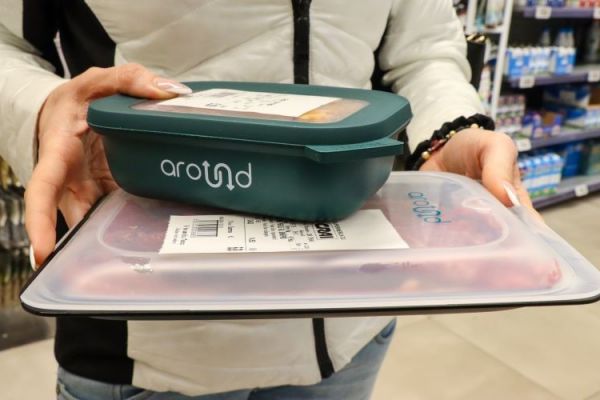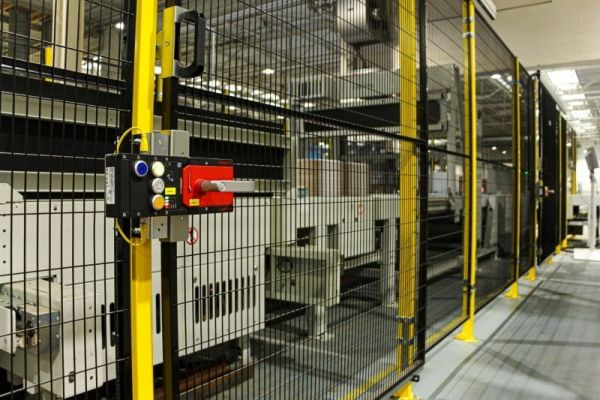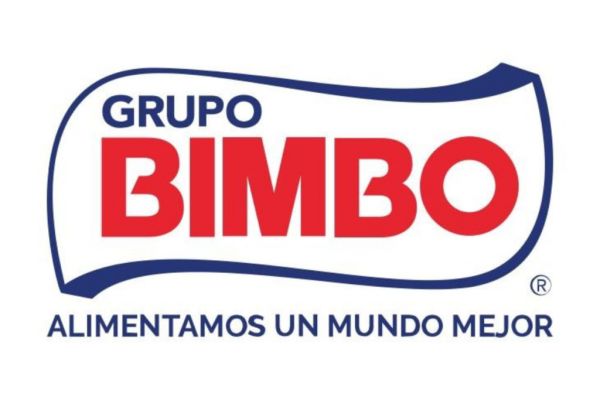New European climate legislation, set to be introduced in June, is likely to lead to a significant shake-up at many consumer goods firms, as they seek to pivot their operations in line with carbon neutral goals, GlobalData has said.
According to the European climate law, which the bloc has said will 'set the frame for the EU's climate-related legislation for the 30 years to come', a 'climate neutral' objective has been set for 2050, while by 2030, greenhouse gas emissions will need to be reduced by 55% (against a 1990 baseline).
'Greener Strategies'
According to Carmen Bryan, consumer analyst at GlobalData, the new climate goals "will put increased pressure on FMCG players to adopt greener strategies. This is a good time for the plans to come into fruition; it is important that the partaking countries reach a consensus early in the decade to reassure investor sentiment and enable companies to implement long-term strategies.
"Consistency by policymakers and industry players alike will be key to ensuring these goals are achieved.”
A recent survey by GlobalData found that one in five European consumers agree that information on a product's carbon footprint is a 'decisive factor' in their product choice, giving impetus to firms to adopt a more climate-friendly approach.
“The prominence of this consumer sentiment also varies among countries," said Bryan. "Consumers in Greece recorded the highest response at 31%, despite the country’s high national debt, while the Netherlands – a well-developed economy with an already established green infrastructure – stands at only 13%.
"Demand for sustainable offerings is influenced by socio, economic and cultural factors, however, a blanket policy like this will raise awareness and interest in sustainable practices across the board.”
Positive Steps
Of course, many industry players have already made impressive strides towards climate neutrality. Nestlé's brand KitKat has pledged to go carbon neutral by 2025, while L'Oréal plans to reduce its carbon footprint by 50% per finished product by 2030. Elsewhere, members of the Consumer Goods Forum – the largest collective of retail and consumer goods leaders – have also committed to a wide variety of carbon reduction initiatives.
"Moves like these by leading players in their respective industries will serve as further encouragement for smaller brands to jump on board," said Bryan. "Consumers are willing to pay more for products that align with their values and needs, enabling brands with sustainable certifications to position themselves as premium.
"While this may prove challenging for those lacking the capital backing, green credentials will become increasingly important to remain competitive in the long term."
© 2021 European Supermarket Magazine. Article by Stephen Wynne-Jones. For more A-Brands news, click here. Click subscribe to sign up to ESM: European Supermarket Magazine.














